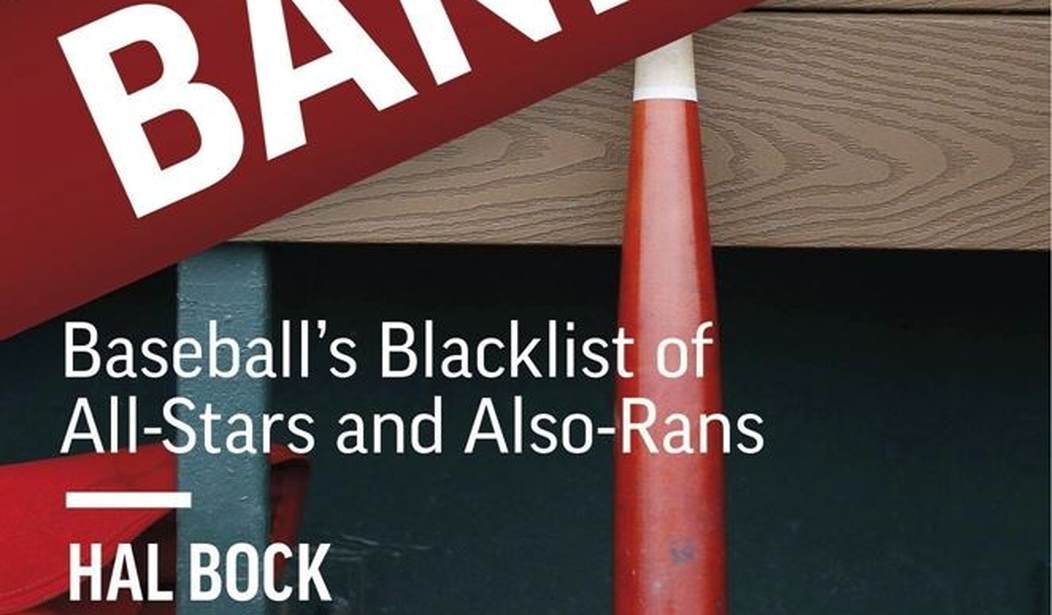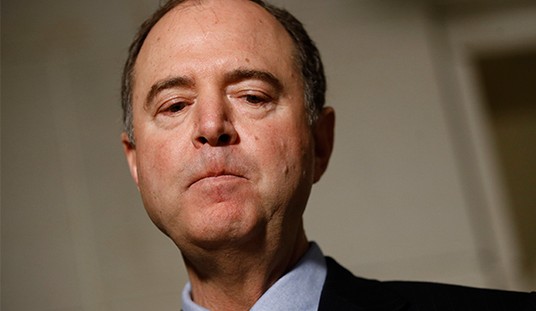There are some people who think about race and racial inequities a lot. Some might even say that, for many, it borders on obsessive. For others, it’s just loony.
But however you might view the racialization of America, it’s in language that the racialists have had the most profound impact.
A common language is nothing more than an unspoken agreement that in general, a word or a phrase means one thing and one thing only. Imagine the chaos if everyone could pick and choose what a word or a phrase might mean? It would be the Tower of Babel on steroids.
But now, the very notion of “common usage” in language has been turned on its head. The ordinary conventions that govern the use of language have been superseded by political necessity.
Recommended: Doctors Warn of New Woke Accrediting Guidelines For Medical Schools
Take the words “blacklist” and “whitelist.” In ordinary usage, they refer to terms in computer science and cybersecurity to indicate whether something is allowed or not allowed.
Not so fast, all you geeky white supremacists out there. There is more meaning yet to be uncovered regarding “blacklist” and “whitelist.” All you have to do is substitute reason and common sense for obsessive racial characterization and the need to make words into weapons.
“As we work to fill open cybersecurity jobs and create a more diverse and inclusive industry that is better able to combat cyber threats, inclusivity, and the intentionality that requires, has to permeate every aspect of the field, including the language. ‘Blacklist’ equates black with bad and white with good,” Camille Stewart, the global head of product security strategy at Google and the co-founder of #ShareTheMicInCyber, an initiative to highlight and raise the voices of diverse people in cybersecurity, told Motherboard in an online chat. “Although not the most important part of the work to be done, the roots in systemic racism and the subtle message it sends about the industry matter.”
Where does intent fit in? Someone who uses the term “whitelist” or “blacklist” is not thinking of race when they use them. Why inject race into a conversation where it isn’t intended to be or even wanted?
Only those seeking to make some kind of obscure political statement see race as a factor in using those words.
Last year, the UK’s National Cyber Security Centre (NCSC) wrote in a blog post that “there’s an issue with the terminology. It only makes sense if you equate white with ‘good, permitted, safe’ and black with ‘bad, dangerous, forbidden.’” As the NCSC noted, not only alternatives such as blocklist or denylist are not offensive and harmful, it’s also just clearer and less ambiguous language that expresses exactly what the goal of these actions are: deny, or block something.
This is totally balmy. It actually “only makes sense” when you use the terms as they were originally meant to be used — to describe something as denied or accepted. They mutilate the definition to achieve some nebulous, totally unrelated political goal.
We should continue to use “blacklist” and “whitelist” as they were intended to describe what they’re supposed to describe. Let the left play games with language.









Join the conversation as a VIP Member